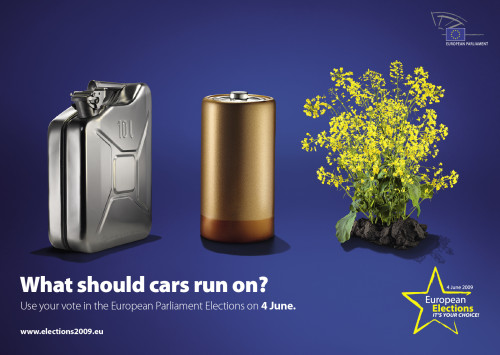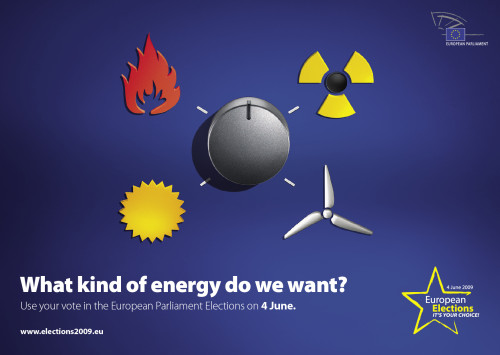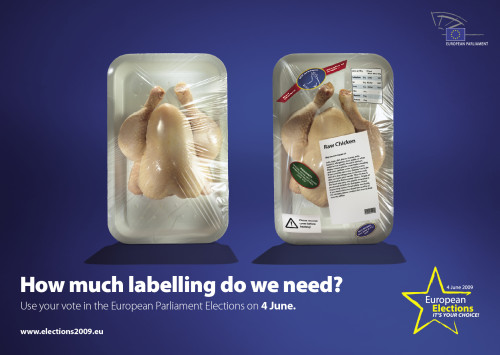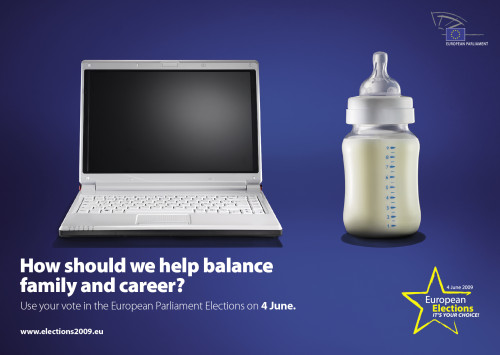Gordon Brown wants us to make a mental connection in some way between our financial troubles and the competitive tax regimes in countries like Switzerland.
I have just come back from Switzerland, where we are looking at investing. The attractions are many, but include the fact that Switzerland is not in the EU (and if the opinions of my contacts are representative, are likely to remain so), the stability of the economy, the security of one's money from expropriation, the more rational attitude to planning, the highly devolved nature of its democracy, and the relative restraint they show in government expenditure.
The Swiss tax-take as a proportion of GDP is a good five percentage points lower than ours. When you consider the obstacles they face in the provision of public services, and the much higher quality and better value in those services, that is amazing.
Imagine how expensive British government would be if every village had to be reached by miles of winding hairpin bends up precipitous slopes, assaulted with snow and salt in winter, and Mediterranean temperatures in summer.
Imagine what the bus services would be like.
Imagine how our trains would run, and what they would cost, if most of our major cities were separated by vast mountain ranges requiring tunnels many miles long.
Imagine the excuses of the politicians for the state of an economy that enjoys few natural resources, no direct access to the sea for trade, and wholly surrounded by a mammoth competitor determined to inflict the costs of its social model on you.
And yet, with few of our advantages and many disadvantages, the Swiss run a more successful economy, with better public services, lower taxes, a higher quality of life, and greater social cohesion, than we can dream of.
How do they do it? Gordon would like us to believe that it is because money is pouring in from abroad because of the tax regime. And the tax regime in parts of Switzerland is certainly cheaper than ours (each canton sets its own tax levels in significant aspects, so there is no universal rate). In particular, inheritance tax can be low (zero in some areas) and tax on employment is generally lower than ours. That may have something to do with their high levels of commercial continuity and reinvestment of capital, and high levels of employment.
But those low taxes are not particularly funded to a greater extent by inward capital flows than are our more plentiful government extortions. As one of my contacts pointed out when I compared the level of investment in Austrian and Swiss ski resorts, the Austrian government has ploughed hundreds of millions of schillings and euros into supporting investment by their tourist industry, and yet find themselves facing a repeat bill as the equipment ages and needs replacing before the nation has begun to recover its costs. The Swiss, if they want to build a lift, have to raise the finance privately. Hence, they build less, but they try to build only what is viable. That (and similar attitudes across the economy, other than in agricultural support, where they are more profligate even than the EU) keeps the tax bills down, at the cost of placing a greater responsibility on the Swiss population not to be self-indulgent at taxpayers' expense and only to pursue investments that can be justified in hard economic (rather than woolly social) terms. How unreasonable of them to make themselves an attractive destination through the illicit means of prudence and hard work.
In any case, Gordon shouldn't be throwing stones in his highly-elaborate fiscal glasshouse. Under Gordon's watch, Britain enjoyed a huge surge of inward "investment", largely based around the City's financial services to Russians, Arabs and others who had been notably successful in exporting the loot from the expropriation of their countries' natural resources.
Two sure signs of massive in-flows of wealth into a country are asset-price bubbles and a strong currency. On that basis, until the bubble burst, the UK was clearly being more successful (with the help of monetary, fiscal and regulatory policy) at attracting dodgy money into the country. While our property prices were nearly doubling to reach absurd levels, Switzerland's property values increased on average by under 20%.
The reality is that Gordon and his European pals are not motivated by righteous indignation, but by the pressing need to eliminate the few examples of countries whose more prudent economic management stands as a glaring reproach to our Great Leader's incompetence.
And this is the man that some European and British politicians are reported to want to make leader of an international financial regulatory body. In earlier, better times, he would have been left in a quiet room with a loaded pistol for what he has done to our country. Can we at least not reward the greatest incompetent in our political history with an extension of his powers? Surely there is some unoccupied Scottish island, from where he can cause no more trouble, on which he can be dumped and left to rot?




